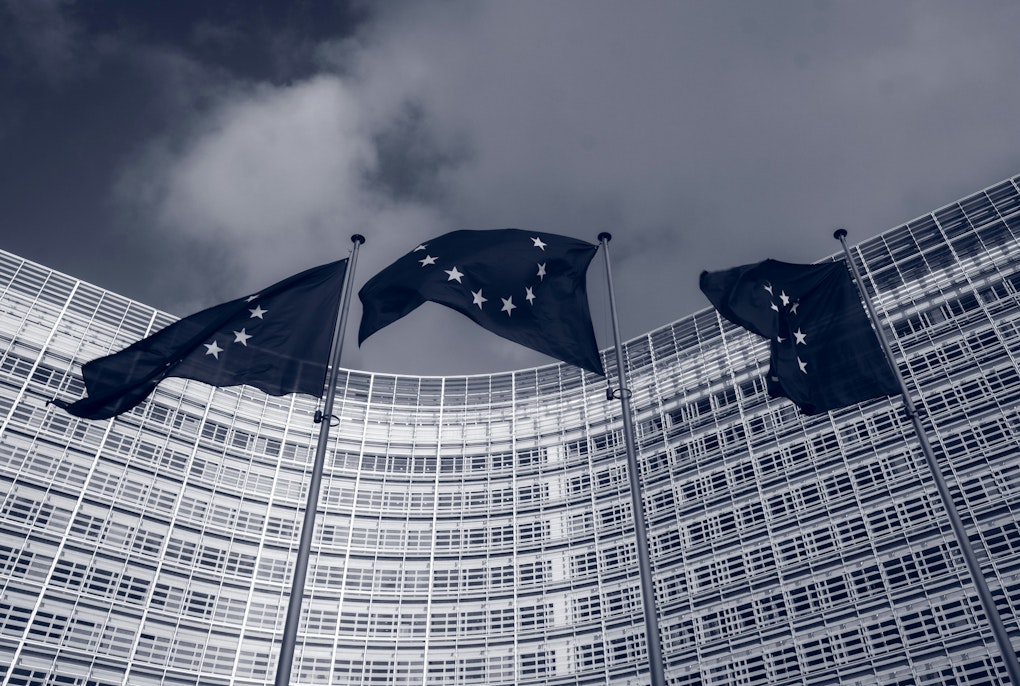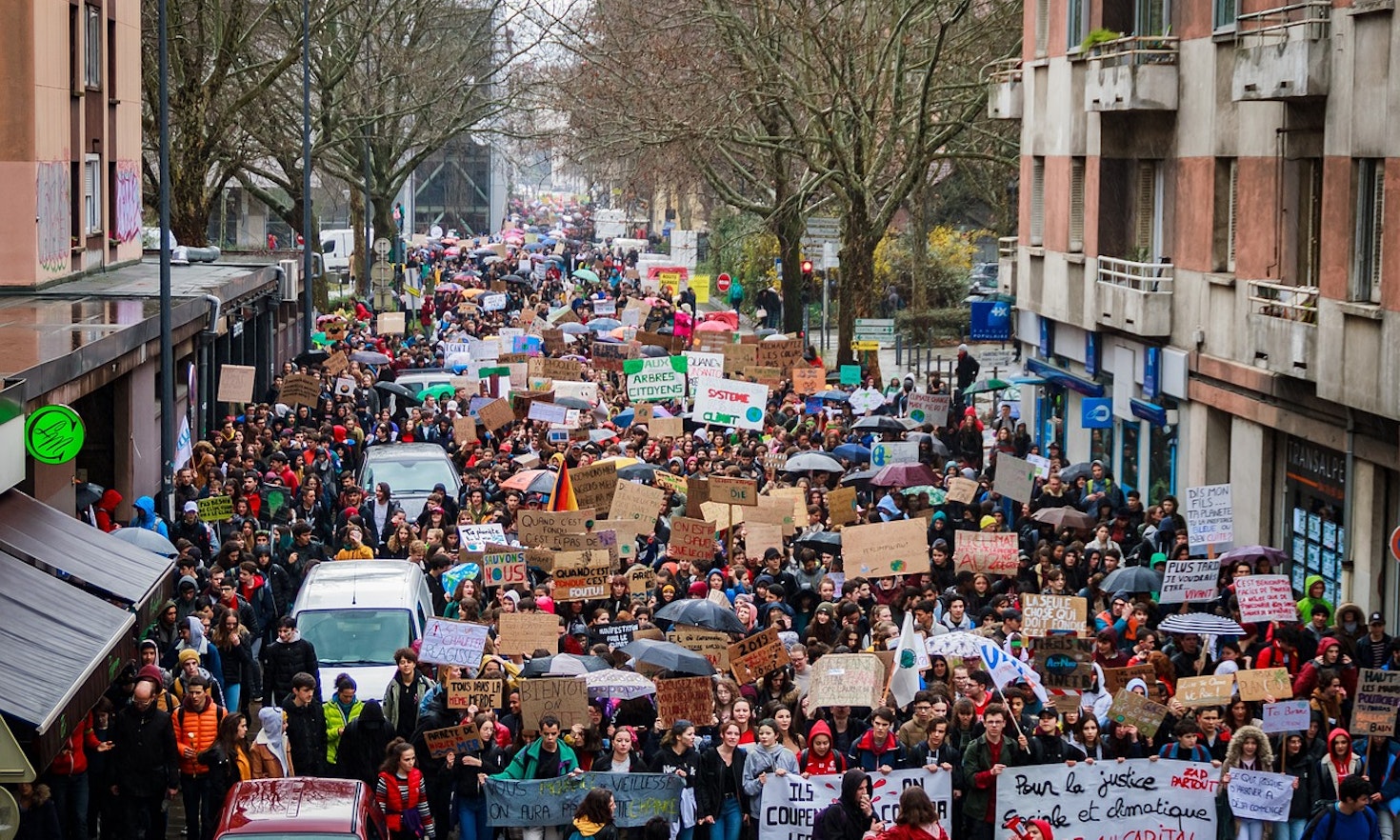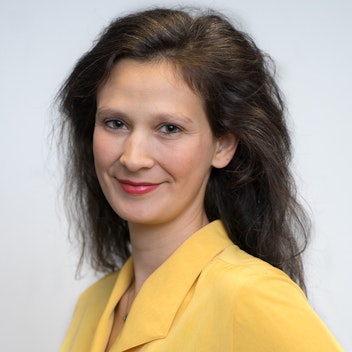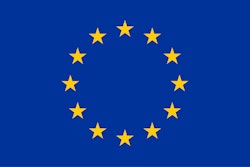
The EU Artificial Intelligence Act – An Intelligent Piece of Legislation?
 Christoph Müller
Christoph Müller
While the ecological crisis is generally accepted as a fact, ways of dealing with it are still being debated. Individual actions are considered insufficient, and the response is often presented as political. How, then, can political actors respond concretely in the name of the climate emergency? I seek to explore this question based on a local environmental conflict where the individual and the political meet.
While working at the Council of Europe as a visiting scholar, I spent 8 weeks from January to March 2023 studying an environmental local conflict in France near Nantes. My fieldwork was conducted together with Ana Pich, an illustrator who accompanied me during all the interviews. She drew the encounters, while I asked the questions.
This teamwork allowed us to understand how mayors and local politicians participate in local environmental conflicts. I will first explain the development of environmental conflicts in France. As a second step, I will describe the situation of municipalities and mayors in France regarding local development. Finally, I will explain how politicians engage with these conflicts.
I understand environmental conflicts as disputes over planned land use that have their contestation based on environmental impacts. While there have always been conflicts accompanying local development, they often used to be framed as "Not In My Backyard (Nimby)" disputes led by local residents who only willing to protect their personal living environments. However, there has been an increase in the public contestation of land use planning conflicts since 1995 in France with a new discourse putting the environment as the main reason for this action.1 Some regions are subject to more conflicts than others, like the department of Loire Atlantique.
"And are environmental issues often raised? - Hell yes, we have five quarry projects in Loire-Atlantique and six methanizer projects."
Interview with J., parliamentary assistant for the local Member of Parliament, 16.02.23 Nantes
Around 10 percent of the national consumption of sand is produced in the area of the Loire Atlantique which has 171 quarries in this region. Moreover, Loire Atlantique is the fourth fastest growing department in France. Most of this growth is concentrated in Nantes and has been accompanied by an increase in the need of infrastructure and local development.
I call the conflict I have been studying the Thun conflict2. The Thun is a quarry near Nantes. It was closed 35 years ago, but its reopening has been requested by a construction company. To reopen the quarry, several steps must be followed. Namely an impact study followed by a public consultation with a final decision being given by the representative of the French State in the area called the Préfet3. I contacted a group of residents lobbying against the reopening of the quarry in order to better understand the conflict. They helped me to get in touch with mayors and officials from the villages and little cities surrounding the Thun quarry. Directly concerned by the project, some of the officials were against it, some were in favor, some were supportive toward the group of residents against the project and some officials were even part of the group.
Despite the important decentralization processes that took place in France, municipalities still receive most of their budgets from the central State. This is why, according to these municipalities, their increase in competences has not led to more space for initiatives.
"We receive competencies, but they give us zero money!"
Interview with a mayor, near Nantes, 14.02.23
"And what's missing is that we need to be able to bring a global solution to things"
Interview with a mayor near Nantes, 15.02.23
For the Thun quarry, only one “official moment” was organized to fulfil the requirement of public consultation. These “moments” are not always considered as efficient. When local councilors and mayors were against the project, they had two types of arguments: technical (number of trucks, dust, incidents) and “political” mostly based on the values and norms of local development they wanted to promote. Being against a certain project offers them a window of opportunity to publicly contest and discuss policies usually out of their reach. Conflicts at the local level, particularly small ones are an opportunity to create alliances by recognizing and connecting with other politicians beyond administrative separations and political parties. It can be a way to be part of the political discourse even without financial nor decisional means.
In the situation outlined previously, the actions of politicians, officials and activists were building a continuum of various involvements and strategies, blurring the border between being an activist versus being a politician. I found three different types of behavior that could change over time depending on the situation and of course the interlocutors:
One important goal was to give more credibility to the environmental argument rather than the economic one. Conflicts were an opportunity to argue on the importance of “nature” and build a case through discussions that mayors and local politicians would not be able to share in the council reports for example. Action was mostly taking place through intense lobbying behind the scenes. When one mayor talked about the importance of biodiversity and changing the system, I asked him why it was not in his report. He answered me "well of course, you cannot write about that, you need to stick to very factual and technical arguments, but we discussed them among the council". Conflict settlement helps to seek for more legitimization of the environmental argument as it is not as evident as the economical one.
"The economic development must continue... we need money. We must protect what can be protected... but it should not be at the expense of human activity."
Interview with a municipal councilor near Nantes, 17.02.23
The "political" work of local officials involved in environmental conflicts is not only using these disputes as an opportunity to shape and defend a political vision, but also to lobby, negotiate and create and recognize potential alliances. Indeed, every level of government can play a role, even if it has no skills or resources in this area. The environment has become a key argument for criticizing local development, and conflicts are a way of counterbalancing a purely economic vision of local development.

This content is licensed under a Creative Commons Attribution 4.0 International license.


This blog is part of the LoGov project. The project has recevied funding from th European Union's Horizon 2020 research and innovation programme under Grant Agreement No 823961.